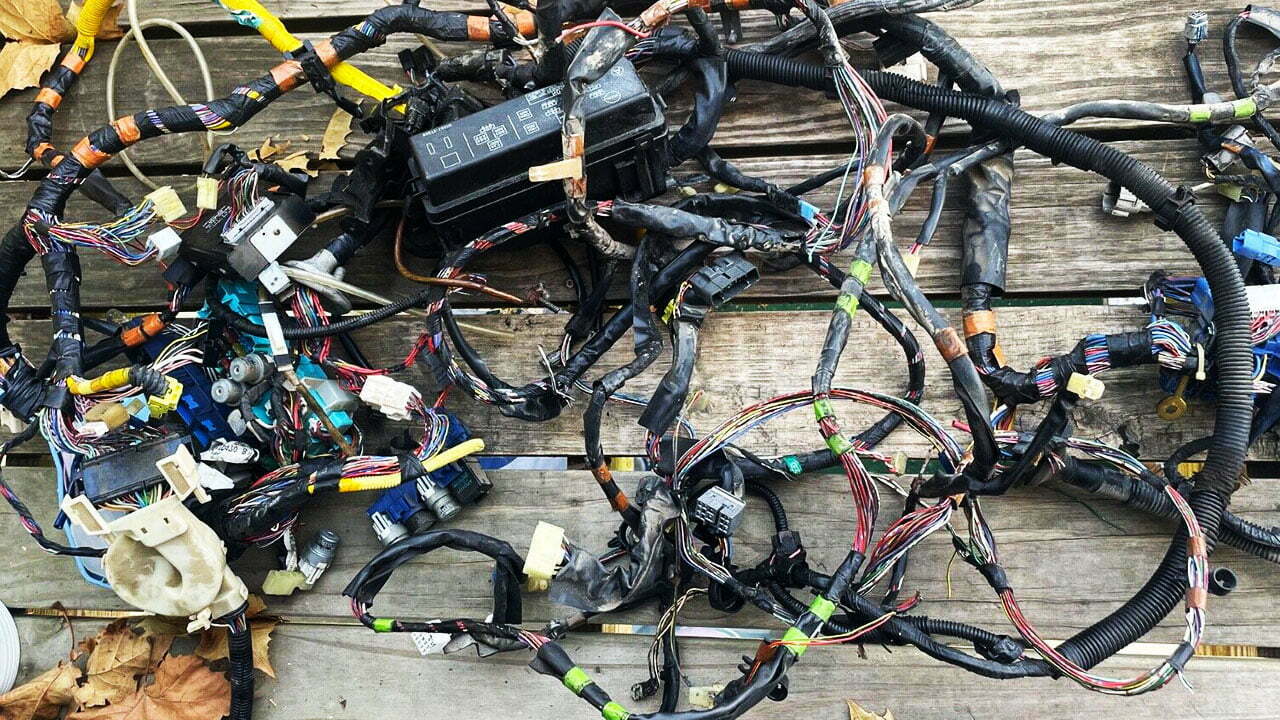Automotive Pigtail Connector Maintenance and Care: Tips and Best Practices
Automotive connectors are crucial parts of contemporary cars that provide efficient power and data transfer between various electronic systems. To preserve optimal performance and durability, automotive connections need to be regularly maintained and cared for, just like any other mechanical component. This article will discuss some recommendations for best practices in automotive connector repair and care.

Best practices in automotive connector repair and care
- Clean up the connectors. Keeping connectors clean is one of the most important components of maintenance. On connector surfaces, dirt, dust, and other pollutants can build up and result in poor connectivity or even damage. To get rid of any loose particles, use compressed air or a soft-bristled brush. To clean the connector's surfaces, use a lint-free cloth or an alcohol swab.
- frequently check the connectors Connectors should be regularly inspected to assist identify any early faults before they develop into more serious ones. Watch out for indications of deterioration, corrosion, or loose connections. Examine the connector pins or sockets with a magnifying glass to look for any wear or damage.
- Use the proper equipment for the task. In order to avoid damaging the connectors during maintenance, the right equipment must be used. Avoid employing pointed or sharp objects that could damage or bend connector pins or sockets. To avoid harming the connector's locking mechanism, use specialist connector tools, such as removal and insertion tools.
- Avoid over-tightening the connectors Over-tightening connectors can cause damage to the pins or sockets, leading to poor connectivity or even breakage. Use the recommended torque specifications provided by the connector manufacturer to ensure proper tightness.
- Protect the connectors from moisture and heat. Corrosion can be brought on by heat and moisture exposure, which can result in poor connectivity or even connector damage. To protect the connectors from the environment, use covers or seals. Make sure the connectors aren't overheated by adjacent sources like motors, exhaust systems, or electrical equipment.
- Make use of dielectric grease. A thin layer of dielectric grease applied to connection pins or sockets helps protect them from moisture, corrosion, and other impurities. However, don't use too much grease, since it can gather dirt and dust and obstruct connectivity.
FEATURED VIDEO: The fastest way to find your wire harness connectors in seconds
To summarize, proper automobile connector maintenance and care are critical to ensuring their best performance and longevity. You may help prevent problems and guarantee the reliability of your vehicle's electronic systems by keeping the connectors clean, examining them on a regular basis, using the proper tools, avoiding over-tightening, protecting them from moisture and heat, and applying dielectric grease.
Useful Links

